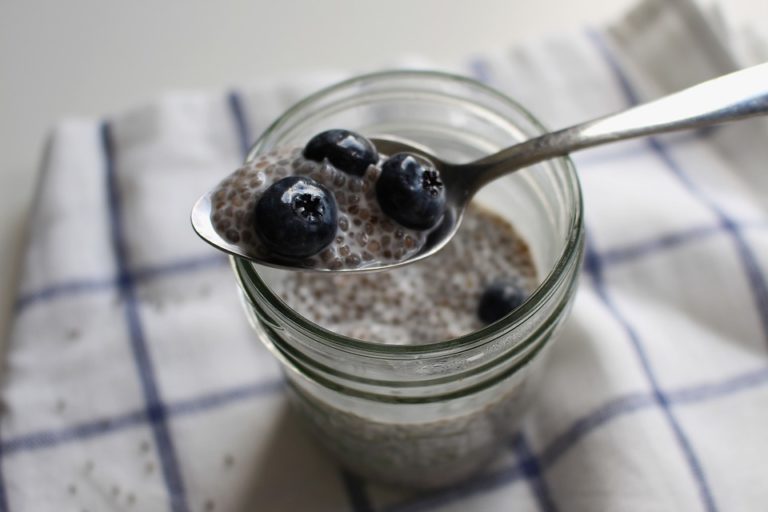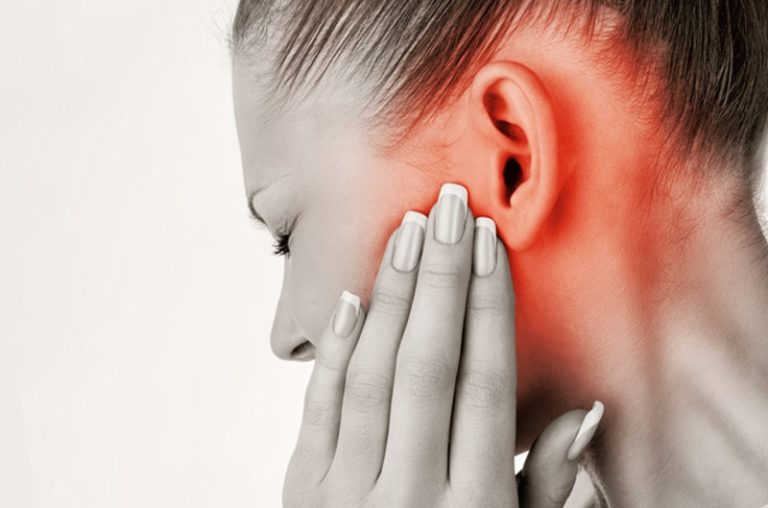How come you vividly remember the lyrics of that song you couldn’t stop listening to in college, but you’re having a hard time remembering the name of that restaurant you went to last week? As studies have shown, our brain has its own mechanism of making room for new memories to come. When our brain believes we do not need a piece of certain information, the storage process begins.
If we ever need to recall one particular memory, the brain knows where to find it. Summing it up, there are two types of memory: short-term memory and long-term memory. The thing is, the one we can count on the most is the long one, because it has lived in our minds for a longer time and it is already linked to a bunch of other information.
Supposing that you want to memorize better and faster, you’ll have to understand the mechanism of transforming short-term memory into long-term memory. This process is called memory consolidation. Let’s find out some methods that will help you memorize everything faster.

Sleep on it
Scientists have discovered that during our sleep, our brain’s activity is just as intense as when we are awake. The only difference between the awake state and sleep is that there are more stimuli for our brain to process when we are conscious. That is why, during an eventful situation or in case we need to learn something very quickly, it’s important to prioritize the correct amount of sleep.
It is a general belief, whatsoever, that after a minimum of 7 hours of sleep we are prone to making better decisions and understanding better any new information. If you avoid this advice, you will probably wake up with the well-known brain fog that you can’t wrap your head around, or have difficulty concentrating. After many years of studies, it has been discovered that good night sleep improves our abilities to recall any needed information.
The studies came in a response to understanding how big is the impact on our memory of the lack of sleep and rest, and the result is pretty astonishing. The study has concentrated on two different groups of Harvard students. The students were then divided into two timelines of the day: at 9 am, one of the groups had to memorize one set of words that were semantically related, while the other group had to learn another set of random words at 9 pm in the night.
Although sleep had no significant influence on the process of recalling the words, researchers have noticed that the 9 pm group remembered easier than the other one. The studies concluded that a good night sleep could minimize the chance of memory loss and improve your learning skills.

























